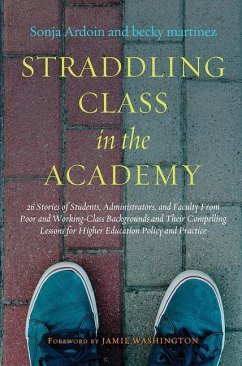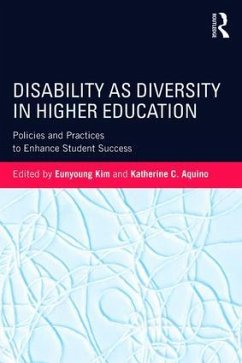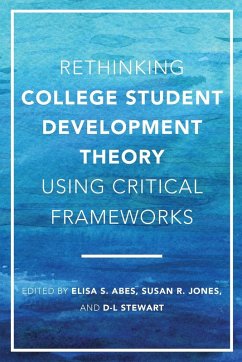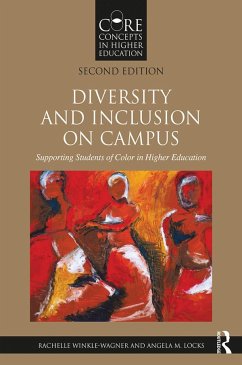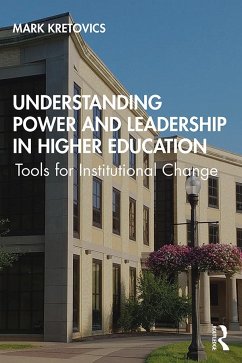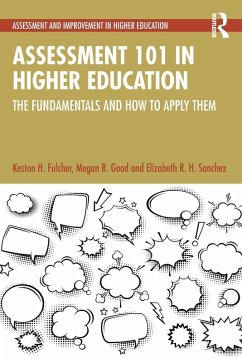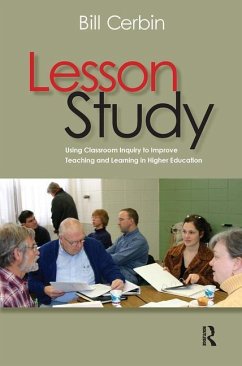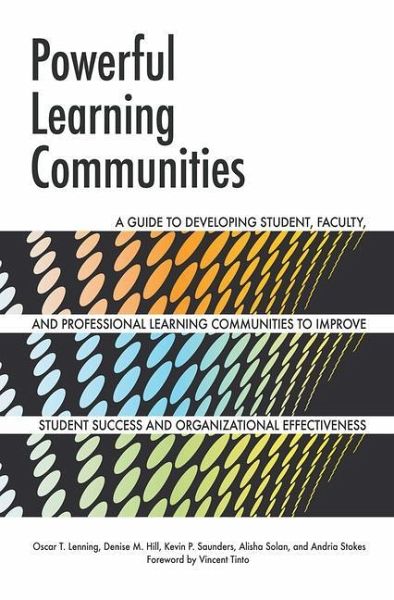
Powerful Learning Communities
A Guide to Developing Student, Faculty, and Professional Learning Communities to Improve Student Success and Organizational Effectiveness
Versandkostenfrei!
Versandfertig in 6-10 Tagen
154,99 €
inkl. MwSt.
Weitere Ausgaben:

PAYBACK Punkte
77 °P sammeln!
Learning communities have been demonstrated to dramatically improve student outcomes by engaging students in their learning.This book constitutes a comprehensive guide for readers who want a broad strategic view of learning communities, enabling them to identify which type of LC best meets the learning needs of their students, and the context and mission of their institution. It also provides the tools for planning, designing and implementing what the authors define as "powerful" LCs, and for understanding the assessment implications of their decisions.The potential power of LCs is realized th...
Learning communities have been demonstrated to dramatically improve student outcomes by engaging students in their learning.This book constitutes a comprehensive guide for readers who want a broad strategic view of learning communities, enabling them to identify which type of LC best meets the learning needs of their students, and the context and mission of their institution. It also provides the tools for planning, designing and implementing what the authors define as "powerful" LCs, and for understanding the assessment implications of their decisions.The potential power of LCs is realized through effective facilitation, appropriate team-building activities, linkages, planning, and active collaboration that promotes learning of the group and the individual group members - all of which topics are covered in this volume.This book is organized around the three themes of setting the stage, designing an LC, and building or enhancing a powerful LC, and covers three types of learning communities - student, professional (faculty, staff), and institutional LCs concerned with student learning - providing a range of tools and forms to facilitate planning. The authors also address designing and maintaining hybrid and virtual LCs. This book is intended as a practical resource for anyone at any level in higher education who wants to champion, develop or redesign student or professional LCs, or even explore broader initiatives to develop their institution into a "learning organization". Administrators in academic and student affairs will find guidance for setting appropriate policies and allocating resources. The book may also serve as a textbook for graduate courses in institutional leadership and policy studies, curriculum and instruction, student affairs, or assessment/evaluation.





